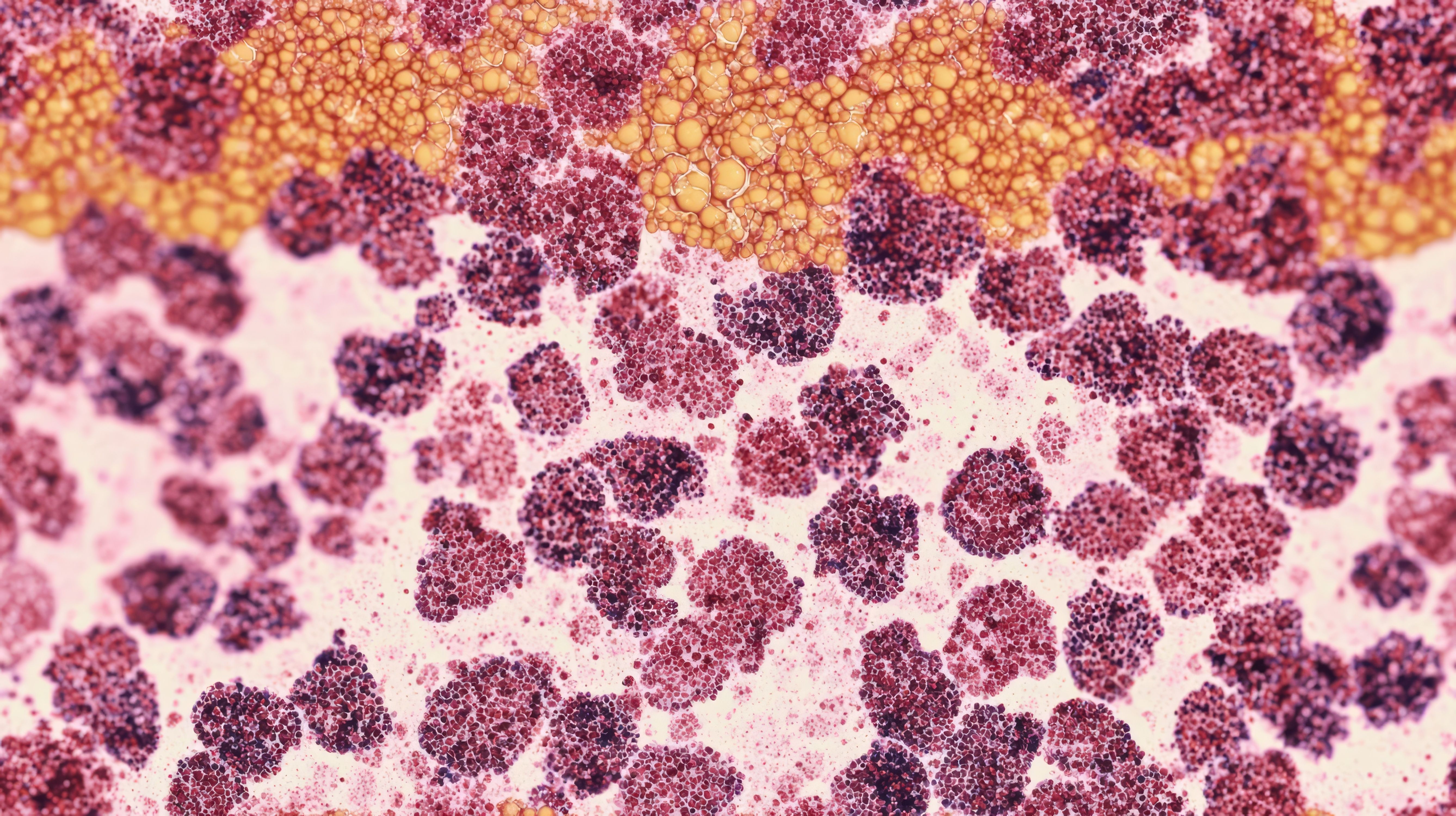Article
Squamous Cell Carcinoma Significantly More Dependent on Sugar Than Other Cancer Types
Author(s):
GLUT1 inhibitors could be a potential therapeutic target for the squamous subtype of cancer.
Prior studies have shown that malignant cancer cells appear to feed on sugar as their energy source. New findings reveal that squamous cell carcinoma (SqCC) are particularly dependent on sugar consumption compared with other cancer types.
In a study published in Nature Communications, investigators initially sought to investigate differences in metabolism between SqCC and adenocarcinoma. They used data from The Cancer Genome Atlas, which maps information about 33 types of cancer obtained from more than 11,000 patients.
The results of the study showed that the protein glucose transporter 1 (GLUT1) was expressed in significantly higher levels in SqCC than in adenocarcinoma.
“It has been suspected that many cancer cells are heavily dependent on sugar as their energy supply, but it turns out that one specific type—–squamous cell carcinoma––is remarkably more dependent,” said senior author Dr Jung-whan “Jay” Kim.
Prior to the study, the investigators hypothesized that the metabolic signatures of SqCC and adenocarcinoma would be similar; however, they soon realized that they differed significantly.
“These findings lend credence to the idea that cancer is not just one disease, but many diseases that have very different characteristics,” Kim said.
The investigators searched for additional evidence by examining human lung tissue, isolated lung cancer cells, and animal models.
“We looked at this from several different experimental angles, and consistently, GLUT1 was highly active in the squamous subtype of cancer,” Kim said. “Adenocarcinoma is much less dependent on sugar. Our study is the first to show systematically that the metabolism of these 2 subtypes are indeed distinct and unique.”
Additionally, the investigators examined the effect of a GLUT1 inhibitor in isolated lung cancer cells and mouse models with both types of non-small cell lung cancer.
“When we gave GLUT1 inhibitors to mice with lung cancer, the squamous cancer diminished, but not the adenocarcinoma,” Kim said. “There was not a complete eradication, but tumor growth slowed.
“Taken in total, our findings indicate that GLUT1 could be a potential target for new lines of drug therapy, especially for the squamous subtype of cancer.”
The expression of GLUT1 was also found to be significantly higher in other types of squamous cell cancer such as cervical, head and neck, and esophageal.
“These are very different organs and tissues in the body, but somehow squamous cell cancers have a very similar commonality in terms of glucose uptake,” Kim said. “This type of cancer clearly consumes a lot of sugar. One of our next steps is to look at why this is the case.”
In an upcoming study, the investigators plan to examine the effects of a sugar-restricted diet on the progression of lung cancer in animal models.
On average, each American consumed more than 75 pounds of refined sugar, high fructose corn syrup, and other sweeteners combined in 2015, according to the US Department of Agriculture.
“As a culture, we are very addicted to sugar,” Kim said. “Excessive sugar consumption is not only a problem that can lead to complications like diabetes, but also based on our studies and others, the evidence is mounting that some cancers are also highly dependent on sugar. We’d like to know from a scientific standpoint whether we might be able to affect cancer progression with dietary changes.”
Newsletter
Stay informed on drug updates, treatment guidelines, and pharmacy practice trends—subscribe to Pharmacy Times for weekly clinical insights.




